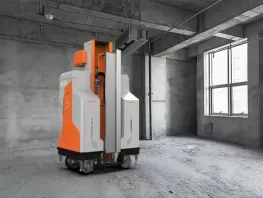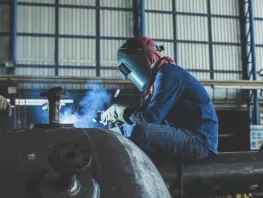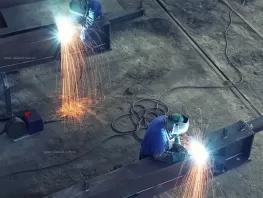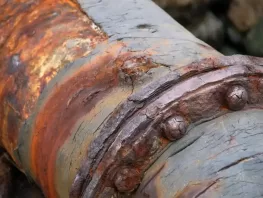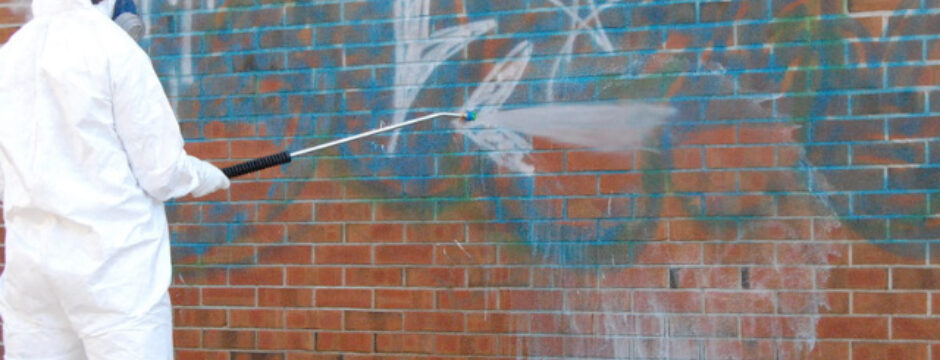
What do all coating failures have in common?
Posted Sep 23, 2019 by Dave Scaturro

A high-quality industrial coating is the first line of defense for your building or equipment. It can protect components from contamination, corrosion, and general wear and tear. Yet when coatings fail, the protection they should provide is erased. This leaves you feeling frustrated and your equipment vulnerable to a host of threats that can shorten its lifespan and impact its performance. Understanding what ultimately causes coating defects is essential for preventing the issue in the first place.
Below are a few common sources of failures in industrial coatings.
Environmental Change During Application
Environmental conditions are uncontrollable most of the time. If changes occur during an application, it would have a significant effect on the coatings’ success. One of the typical reasons for paint coating defects is temperature change. If the temperature is too hot or too cold when liquid paint is applied, it can cause the coating to come out unevenly. This leads to weak spots in the dried paint that will eventually crack, blister or flake. The purity of the air, humidity and temperature all should be monitored closely when applying coatings.
*Painter's Tip: having a painting contractor with the ability to shop paint equipment would be a huge asset.
Surface Conditions
Coatings must have a clean surface to ensure proper adhesion. Any particulates or contaminants that get in between the coating and the substrate can cause the bond to fail. This is why properly preparing surfaces is critical step for the success of industrial coatings.
The Application Technique
When coatings are applied incorrectly, it can lead to ugly defects and ultimately their eventual failure. For example, when too much paint is applied, it can run down the surface and create areas of uneven thickness.
The Coating’s Formulation
Powder coating defects and their causes often can be traced to improper formulations. A professional provider of industrial coatings should have the necessary knowledge to deliver a formula that will meet your exact needs.
In most cases, coating failures can be avoided with the right expertise. Working with a reputable coatings company is an important step. By leveraging the experience of a skilled contractor, you can save yourself a lot of trouble. When applied with the proper approach, paint or powder coating will defend your equipment against almost anything. Make sure you do everything you can to allow your industrial coating to succeed.
For an immediate estimate we recommend clicking below.
